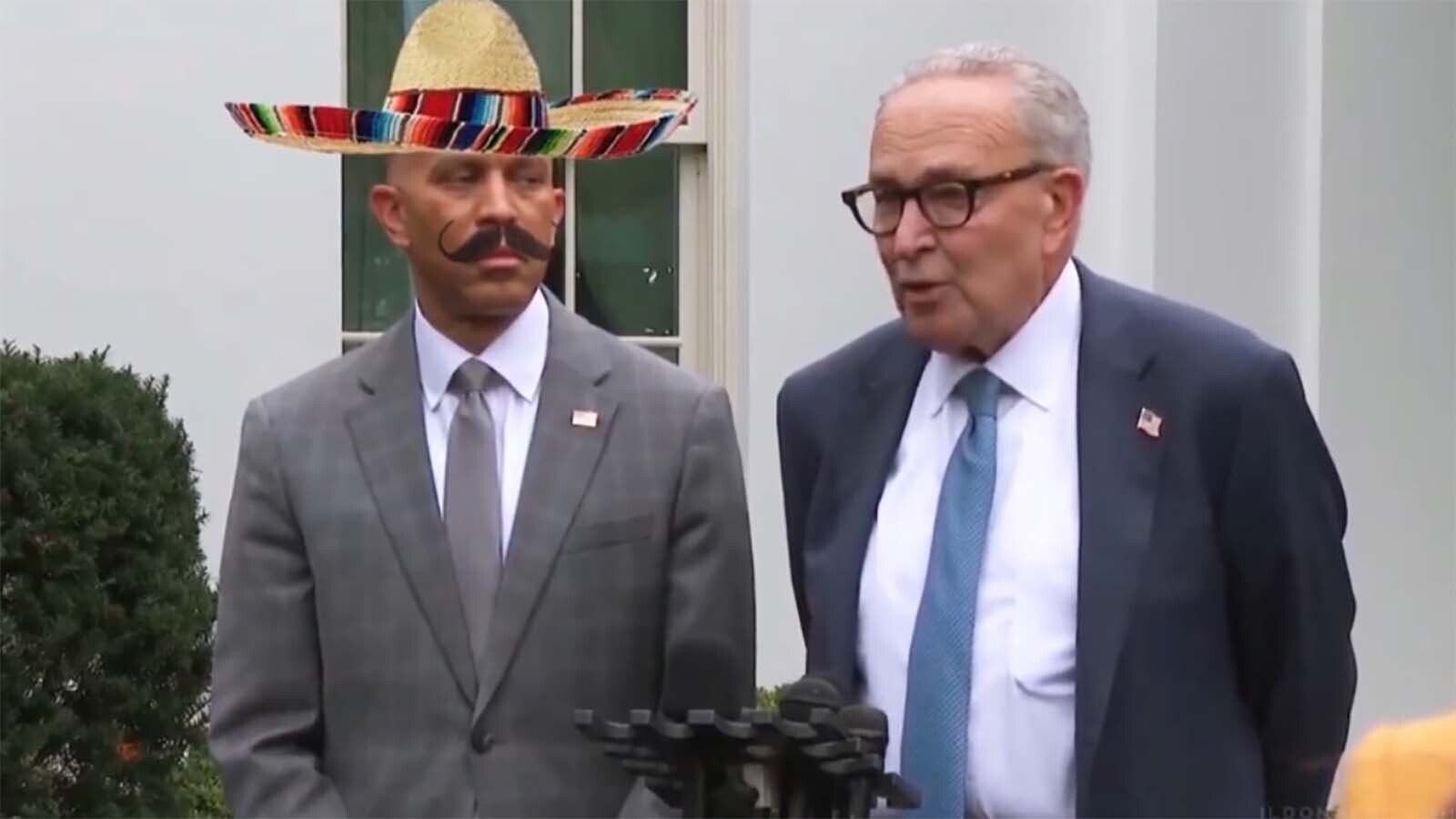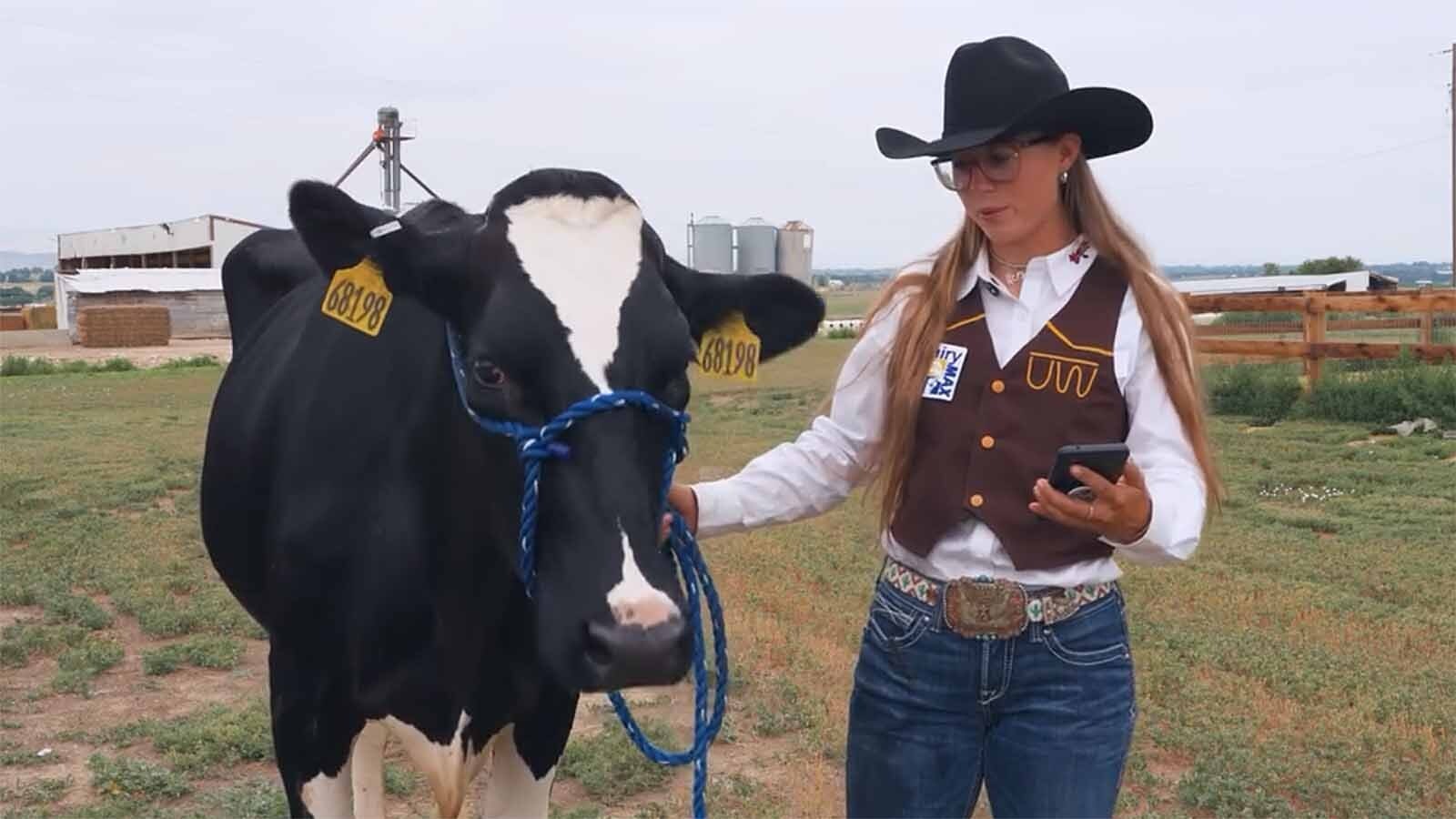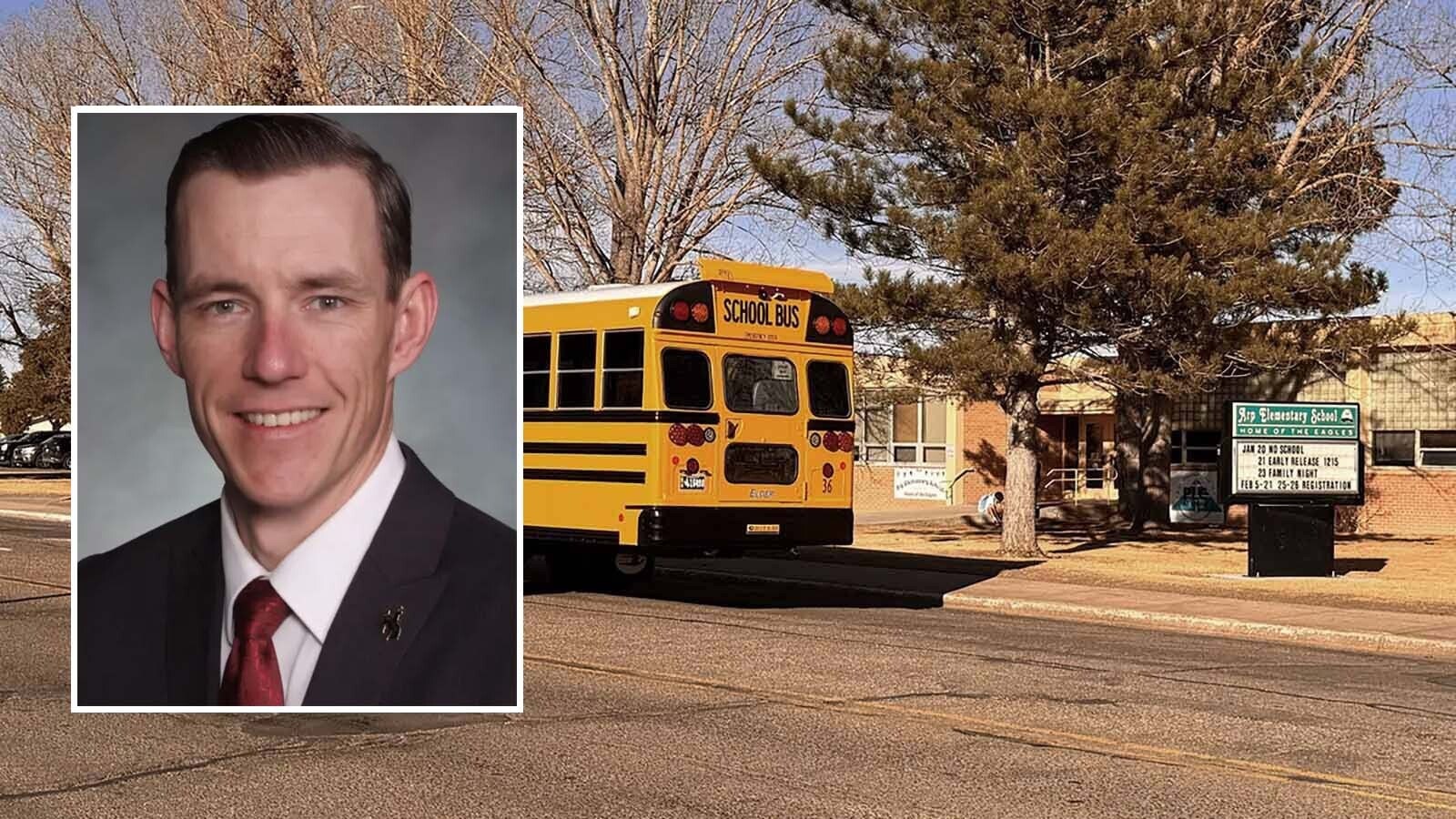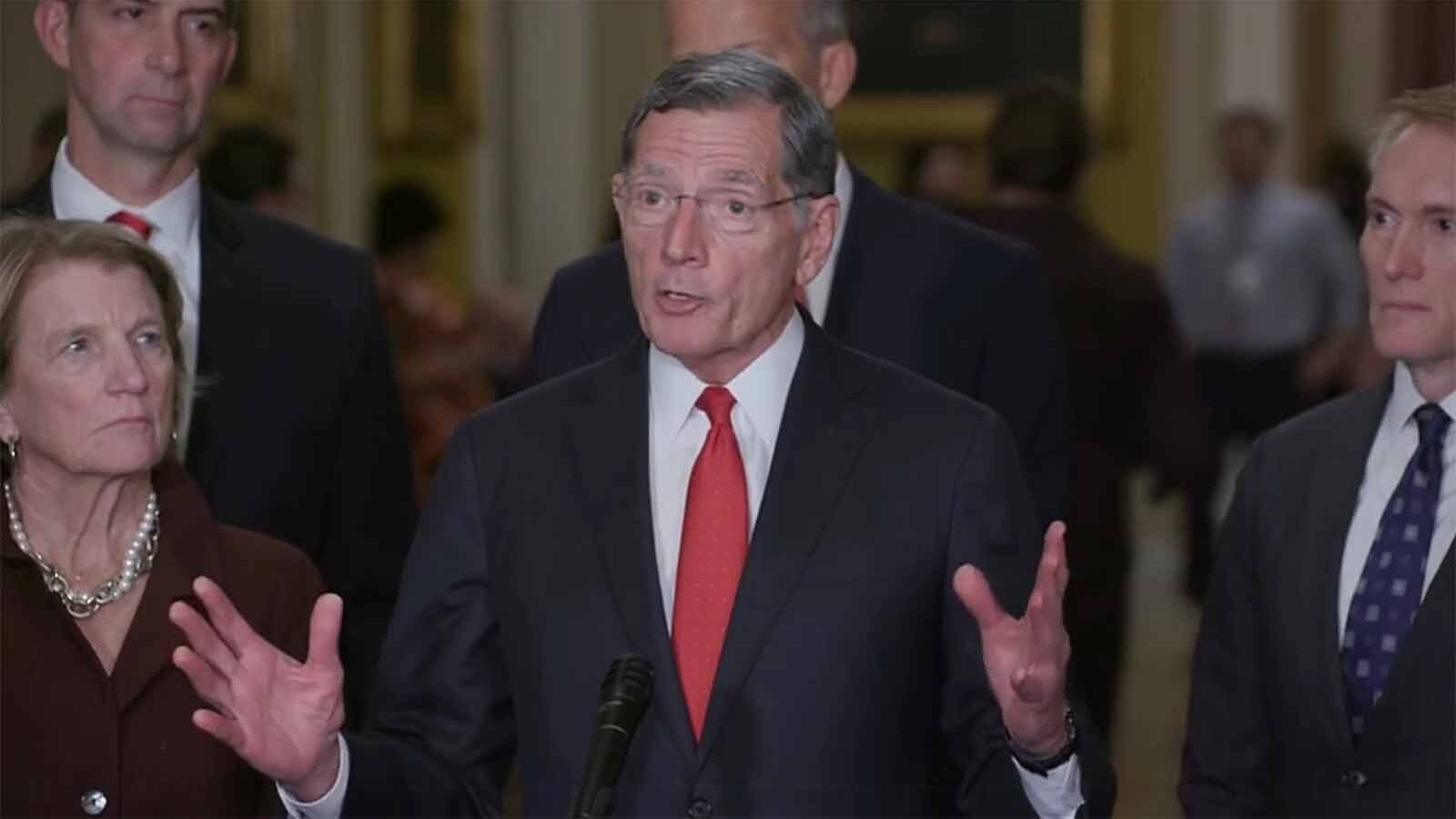Wyoming is getting closer to accepting digital driver’s licenses, but it won’t happen this year, says the state’s transportation department.
“First we need to modernize our technology involved in the driver services system, which is a pretty heavy lift,” Jordan Young, deputy public affairs officer for the Wyoming Department of Transportation (WyDOT), told Cowboy State Daily on Friday.
A digital driver’s license is a driver’s license stored on one’s phone or watch, rather than on card in a wallet.
Eleven states offer them currently, and those states are neither politically or geographically uniform. They are Arizona, Colorado, Connecticut, Georgia, Iowa, Louisiana, Maryland, Mississippi, Missouri, New York and Utah.
North Carolina last week announced plans to join those states by next summer.
Florida recently suspended its digital driver’s license program, and says it is developing a better phone application to hold the licenses than the app it had been using. Some states use Apple’s Wallet app for the licenses.
Louisiana was the first state to offer a digital driver’s license in 2018, administered through its own app, LA Wallet. Gov. Jared Polis in neighboring Colorado made digital ID legal identification by an executive order in 2019.
But even if you live in a state that allows for a digital driver’s license, not all states or businesses will accept that as a legal ID, so most people may still have to carry a physical license with them.
Young said the Wyoming Legislature authorized WyDOT in 2020 to start accepting digital driver’s licenses, but the state’s technology isn’t ready yet – and won’t be for at least a year.
Even once the digital rollout starts, Wyoming drivers can still choose to use card licenses only, Young emphasized.
She said the licenses can be an extra proof of a person’s identity if the person loses his wallet.
Whether I’m An Organ Donor
Sen. Chris Rothfuss, D-Laramie, envisions something bigger than just one driver’s license. Like a “digital identity” program administered by a secure and decentralized database.
The idea is that a person could choose which version of his identity to show depending on the setting. Rothfuss co-chairs the state Legislature’s Select Committee on Blockchain, Financial Technology and Digital Innovation.
“(If) I want to go down to the grocery store and buy a six-pack of beer, they’re going to ask me for my driver’s license,” said Rothfuss, in a hypothetical.
The teller only wants to establish that the buyer is over 21, Rothfuss continued.
“But when I hand it to them, I also hand them my personal home address, my driver’s license number, a picture of me, and whether I’m an organ donor – all sorts of other information they truly have no business knowing.”
The goal to hand over exactly what each teller or checkpoint needs to know but nothing more is a digital privacy concept called “zero knowledge proof.”
With different license modes stored on one device, the digital identity holder could show a much more detailed version of his identity to a bank worker during a complicated transaction. He could show yet another version to a police officer during a traffic stop.
People may even be able to load their education credentials into their digital identity so that if those aren’t accessible at their education institution (in case of war or unrest) they can still present them to a potential employer, Rothfuss said.
Rothfuss said his committee has been discussing some of these concepts but to pursue it, he said he would want to ensure that any digital identity data would be secure and decentralized, meaning, the information wouldn’t be stored on one centralized server that hackers would see as a giant honeypot.
“I’d hope we don’t limit ourselves to (just driver’s licenses) because we’d be wasting an opportunity if we didn’t take advantage of all these other potential assets to protect the privacy and enable the people of the state of Wyoming,” Rothfuss said.
Handing Your Phone To A Cop
Any legislation defining digital driver’s licenses should specify that handing one’s phone to a police officer does not give the officer consent to search the phone, according to Tyler Lindholm, former state representative and current Wyoming director of Americans For Prosperity.
“I think if Wyoming were to move forward with an initiative like this it needs to be very clear and explicit in law: handing over your phone to let them see your driver’s license does not give them the ability to search your phone,” said Lindholm.
Consent search issues with digital driver’s licenses haven’t been litigated in Wyoming because the state isn’t using the licenses yet.
But Jon Gerard, Lander-based defense attorney, said police officers can’t just go poking through someone’s phone – even if they’re holding it – unless something like probable cause flashes across the screen while they’re looking at it.
“Now, if a suspicious text message comes through while the officer is holding the phone, that may be considered something like ‘plain view,’” said Gerard. Meaning, evidence of a crime fell into an officer’s plain view and gave him the authority to search further.
If the officer searched the phone unconstitutionally, the defendant could ask a judge to rule the information inadmissible at trial.
But Then It Could Be A Good Move
Lindholm contemplated the prospect of a suspicious text coming through also. He said it’s not beyond reason that a police officer could misinterpret a text as suspicious that was merely murky.
It might also be wise to use an app that can present the driver’s license as a QR code an officer could scan, rather than having to hand over the phone at all, he added.
But with clear protections in place, digital driver’s licenses might be a “good move,” Lindholm said.
Clair McFarland can be reached at clair@cowboystatedaily.com.





